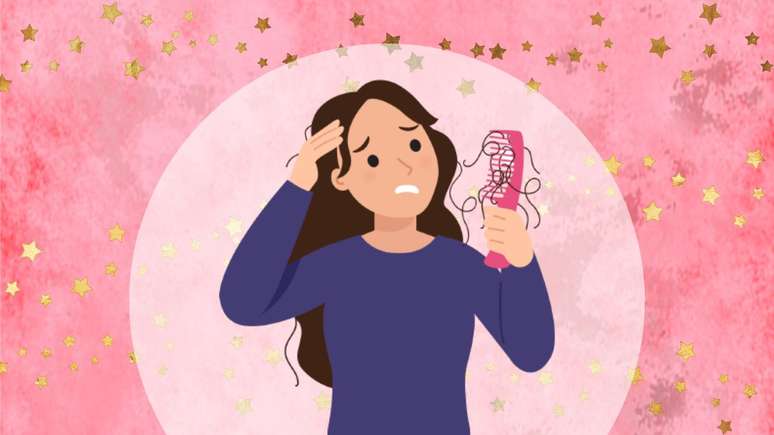Characterized by inflammation, discharge and itching, recurrent candidiasis is quite common during the reproductive phase. understand the condition

Candidiasis is an infection surrounded by taboos, which creates embarrassment and often doubts in women. It is caused by the fungus candida albicans and causes discharge and inflammation in the genital region, leading to episodes of itching and discomfort.
On the other hand, recurrent candidiasis is characterized by the occurrence of four or more episodes of candidiasis in the year, which is common. During the reproductive phase, the condition affects 5% of women.
According to the gynecologist, obstetrician and maternity coordinator of the Icaraí hospital, Dr. Flávia do Vale, these mushrooms are found naturally in the vaginal and intestinal flora. In case of imbalance in the body, they proliferate.
The doctor has enumerated and clarified the five doubts about candidiasis that most come to his office. Watch:
- Does repeated thrush come back at least four times a year?
“The diagnosis of candidiasis must be made through a physical examination performed by the gynecologist and, to be considered recurrent, it usually has this characteristic,” explains Dr. Flávia.
- Is it sexually transmitted?
The gynecologist reveals that candidiasis does not originate from sexual contact, but from organic disorders, such as problems with the bacterial flora or vitamin deficiency. So it has nothing to do with sexually transmitted infections. “Of course, it is always important to prevent yourself with the use of condoms to avoid the spread of sexually transmitted diseases”, warns the doctor.
Flávia explains that in most cases candidiasis resolves with simple treatment, either topical (applied to the vagina in the form of pessaries or antifungal vaginal creams) or oral (with a single or multiple dose).
- Is treatment of the sexual partner necessary?
Candidiasis is not usually acquired through sexual intercourse, so treatment of sexual partners is not necessary. However, a minority of male sexual partners experience symptoms such as itching, redness or irritation of the penis. These men may resort to treatment with antifungal agents to relieve symptoms.
- Does Stress Cause Candidiasis?
In most cases, the reason for this is not known. The doctor explains that some women seem more likely than usual to develop candidiasis. However, women with high blood sugar (due to poorly controlled diabetes) or weakened immune systems may be more likely to develop recurrent canker sores. On the other hand, stress can alter cortisol levels and affect the immune system and blood glucose levels, which could explain this relationship.
- Can using public restrooms or wet clothes cause candidiasis?
According to the gynecologist, situations that alter vaginal acidity or the balance of microorganisms that naturally inhabit the vagina can increase the chance of developing candidiasis.
The doctor exemplifies:
- Use of antibiotics that unbalance the vaginal flora;
- Use of contraceptive devices such as IUDs or pills with higher doses of estrogen;
- Diabetes (which increases the vaginal concentration of sugar and consequently your pH);
- Pregnancy;
- Weakened immune system (due to chemotherapy, HIV, or some medications).
Source: Terra
Benjamin Smith is a fashion journalist and author at Gossipify, known for his coverage of the latest fashion trends and industry insights. He writes about clothing, shoes, accessories, and runway shows, providing in-depth analysis and unique perspectives. He’s respected for his ability to spot emerging designers and trends, and for providing practical fashion advice to readers.







